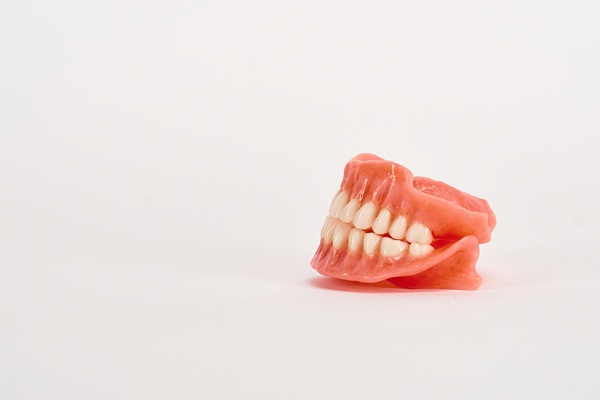Common Types of Dental Emergencies

If left untreated, dental emergencies can be painful and even lead to serious long-term effects. Most of the common issues result from either chronic conditions or acute accidents. To ensure the health of the affected teeth and tissues and the rest of the mouth, it is critical to get proper care immediately.
When to seek emergency dental care
Learning about the common types of dental emergencies helps people identify when one arises in order to take the appropriate steps to take care of their dental health.
Knocked-out tooth
Sports injuries or other accidents may knock out a tooth. To save the tooth, quickly pick it up without touching the root. Clean it off using water and gently put it back in the socket. Hold the tooth in place with light pressure, and get to a dental office or emergency room as soon as possible.
If the tooth cannot be put back into the socket immediately, place it between the cheek and gum or in a container with water or milk to keep it moist. For best results, treatment must happen within the first six hours. In the event of uncontrollable bleeding, seek care in the ER.
Abscessed teeth
Painful infection at the root of the tooth or between the gum and tooth is known as an abscessed tooth. Trauma to the tooth, like a broken tooth, gingivitis or gum disease, may also cause an abscess. Untreated abscessed teeth are incredibly painful and can ultimately lead to the loss of the tooth or even a medical emergency. If experiencing a continuous toothache or shooting pain, fever, extreme tooth sensitivity, swollen neck glands or redness or swelling of the gums, consult a dentist immediately.
Damaged or infected gums
The gums, tongue or cheek may need treatment in the event of injury or infection. Falls from sports, accidental bites, scalding liquids or infection can damage the tissues in the mouth.
Clear any visible debris from soft tissue injuries and rinse with dilute salt water. Control bleeding by applying a clean, damp cloth with pressure. If there is a foreign body lodged beneath the gum line, try to gently remove it with floss or a toothpick. If it does not come out with those methods, consult a dental professional.
Orthodontic emergencies
Most orthodontic treatments go smoothly and without major issues. However, orthodontic emergencies can occur. Look out for trauma or injury to the teeth, infection or swelling of gums or severe pain in the area with orthodontic treatment. Those who experience an orthodontic emergency should seek treatment as soon as possible. Visit the dental office for any broken or loose pieces of orthodontic hardware as well.
Dealing with dental emergencies
When treated in a timely manner by an experienced professional, the common types of dental emergencies can be managed. Do not put off treatment. Be sure to consult a local dental professional to assess and treat any potential emergency situations. Keep your smile shining and pain-free by attending regular dental checkups and seeking help whenever needed.
Request an appointment here: https://www.northside-dentalcare.com or call Northside Dental Care, PC at (978) 206-7077 for an appointment in our Peabody office.
Check out what others are saying about our services on Yelp: Read our Yelp reviews.
Recent Posts
Missing one tooth or multiple teeth can make it harder to perform everyday functions. It can also make you feel self-conscious about smiling. Dental implants not only restore the function and appearance of your smile, but they also help restore your everyday oral health.Dental implants are artificial tooth roots surgically placed in a person's jawbone.…
Wear and tear make denture repair inevitable in the long run. This is why a general dentistry practice that deals with dentures should have in-house facilities for minor and moderate repairs. The practice should also have quick access to a dental lab in case a patient needs major repairs for their dentures. Knowing when to…
Dental implants can replace missing teeth using a combination of screwlike metal posts and dental crowns, bridges, or dentures. Many consider implants state-of-the-art teeth replacement. Though dental implants can be an effective way to restore your smile, it is important to ensure they are right for you and understand how they work.Dental implants can support…
For many individuals with missing teeth, dental implants are an effective way to restore the appearance and function of their smile. However, like any medical procedure, there are potential risks and complications associated with getting dental implants. While these risks are relatively rare, it is important for patients to be aware of them before undergoing…


